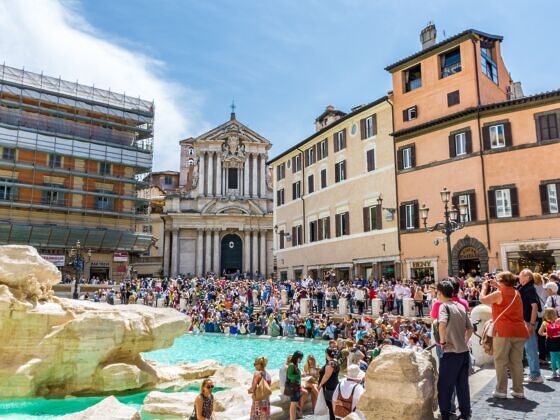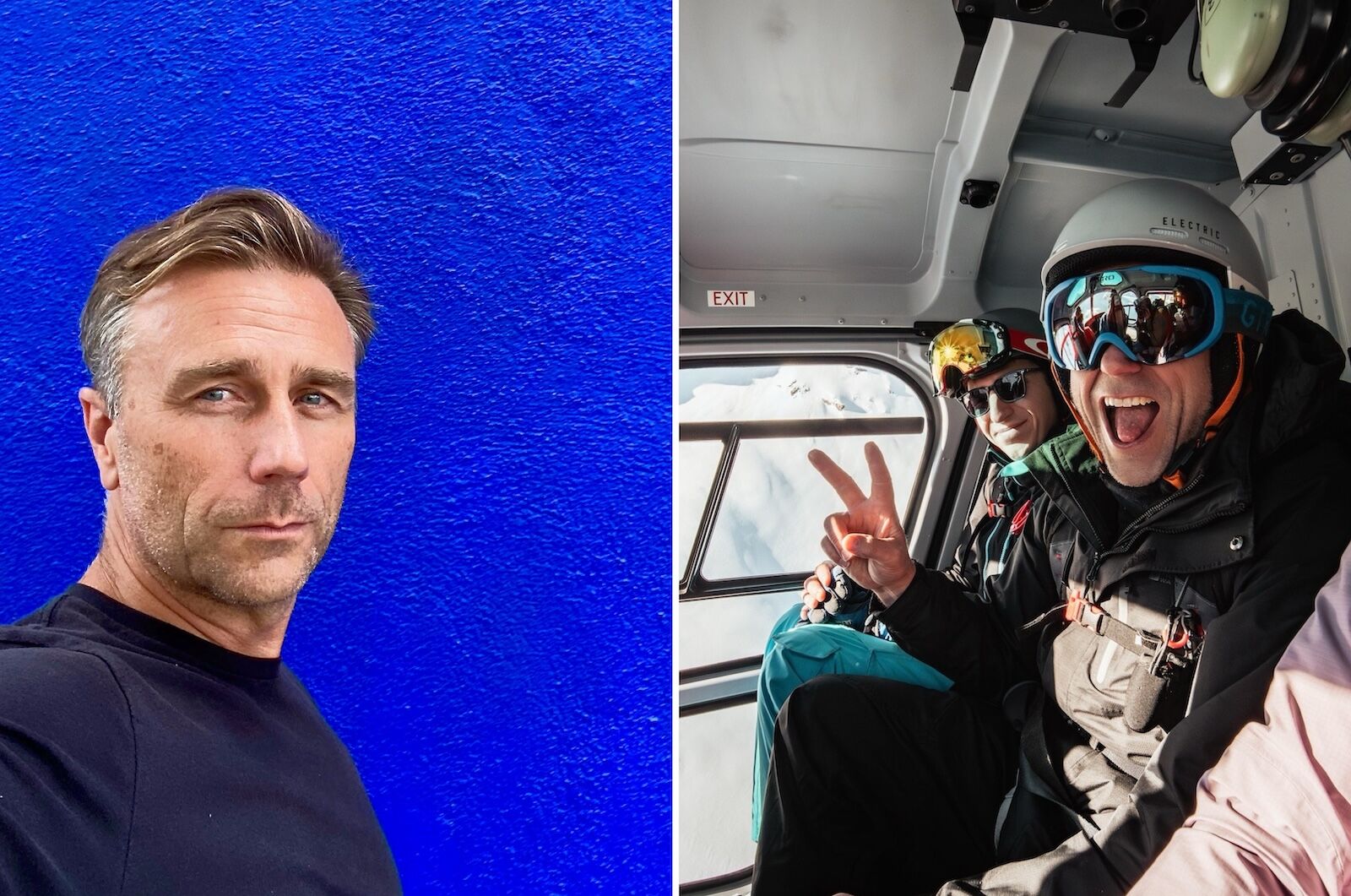Luxury travel is designed to take the friction out of seeing somewhere new. Yet it can be all too easy to fall into the catered amenities, never leave the resort or designated activities, and return home without any real sense of the place.
That doesn’t have to be the case. It’s something that Bruce Wallin knows well.
Wallin has a couple decades of experience working in travel media. In his 20s, he started a magazine out of his garage called Trip Magazine centered on backpacking. He then moved to Robb Report, where his focus was on luxury travel. Today, he has a podcast called Travel That Matters and is an executive at the media company North & Warren.

